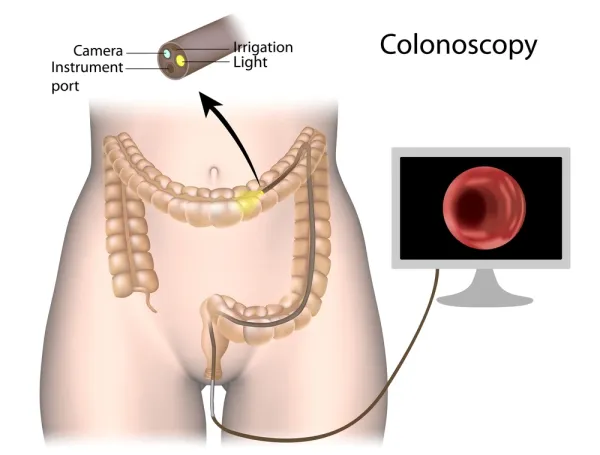Distinguish Between Screening vs. Diagnostic Colonoscopy

Question: Can you explain the difference between a screening colonoscopy versus a diagnostic colonoscopy? California Subscriber Answer: Physicians order screening colonoscopies in the absence of signs or symptoms of disease to identify colorectal cancer (CRC) or polyps. Insurers define who is eligible for a covered screening based on risk groups. Medicare typically covers screening colonoscopies once every 10 years beginning at age 50 for asymptomatic beneficiaries at "normal risk" of developing CRC. Medicare covers screening colonoscopy once every two years, regardless of age, for "high risk" patients demonstrating one of the following situations: Diagnostic colonoscopy: On the other hand, the provider performs a diagnostic procedure when a patient presents with symptoms that require investigation. This might include issues like chronic diarrhea, significant hematochezia, or a questionable abnormality noted on an imaging study. Assuming that an office note or pre-procedure note details the patient's complaint, the subsequent procedure will be a diagnostic colonoscopy. This is true even if the patient has never had a prior routine screening colonoscopy.




